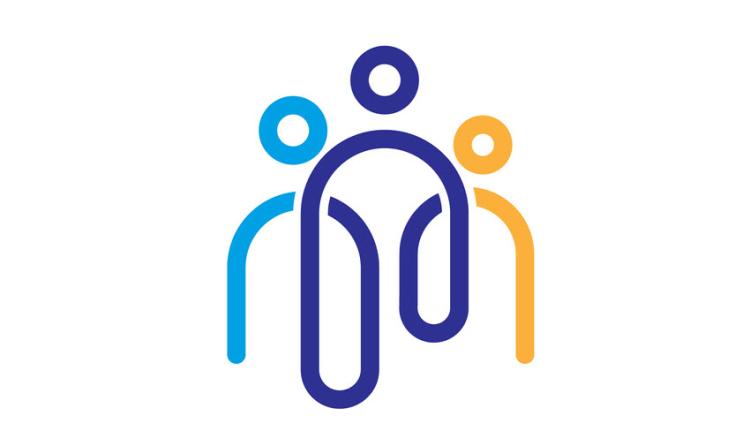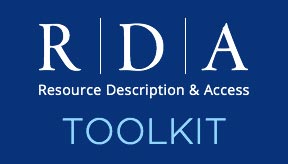Community Resources Plan

After discussions with the RSC regarding the Community Resources (CR) area of RDA Toolkit, the following plan has been established to address CR structure and services.
CR Goals and Requirements
The CR area in RDA Toolkit contains content that conforms to the RDA standard but is specific to a community rather than international in scope. It arose from the RSC decision that certain parts of original RDA (instructions related to string encoding schemes; appendices related to abbreviations, capitalization, and names of persons; and certain access point instructions) addressed specific community practices rather than broader international needs.
The initial content of the Community Resources area in the English language version of the Toolkit includes deconstructed instructions for abbreviations, capitalization, additions to names of persons, and terms of rank found in the original RDA appendices. These have been reconstructed into pages for terms based on specific languages. In addition, as of the April 2021 release, the legacy Anglo-American instructions from the original Toolkit for the construction of various strings, such as authorized access point for legal works, musical works, official communications, and religious works were relocated to this area.
Going forward the RSC and the publishers of RDA Toolkit are seeking to open the Community Resources space to more groups. Here are our goals with the CR space --
-
CR should be available to all interested communities of RDA Toolkit subscribers.
-
CR should make full use of existing Toolkit technology and capabilities.
-
The RSC and Toolkit Publishers will have oversight of CR development, including assigning administrative roles and setting guidelines for contributing communities and eligible content.
-
CR contributors will have responsibility for the development and maintenance of content.
-
CR contributors must clearly identify the authorship of the content and state that it is not official RDA.
-
CR Content will be searchable and easily identified as CR content in search results.
-
CR updates will conform to the RDA Toolkit release schedule.
CR Tiers
-
Contributors who already have access to the Toolkit’s content management system (CMS) will be able to create CR content within that system—this includes groups that have access through translation and policy statement agreements. Groups interested in this level of access should contact James Hennelly to negotiate such an agreement (a one-time fee is likely with this option).
-
Groups who do not have access to the CMS and are not interested in an agreement may use the Toolkit’s HTML editor to create CR content that can be added to the CR browse and search. This option has no fees associated with it, but contributors and contributions do have to meet RSC approval for inclusion in CR.
CR Quality Control
-
Ability to post CR documents must be managed to ensure that only appropriate content that serves an identifiable RDA community is hosted in this area.
-
RSC still needs to set guidelines for identifying a community in this context.
-
Where possible, RDA regional committees will be responsible for identifying groups that should be included in the CR space.
-
Where no regional committee is in place the RDA Dev Team and Wider Community Engagement Officer will review requests to contribute to the CR space.
-
There is an expectation that CR content will conform with RDA guidance and instruction.
-
CR contributions are expected to meet the same accessibility standard (AA) of the Toolkit.
CR Display
-
The CR space will continue to be accessible in the Resources tab as it currently is.
-
The CR will be organized by subject, then by authoring group (see mock-up below).
-
OTHER DOCUMENTS will link to a landing page that will include documents created in the HTML document editor. (See landing page mock-up below.)
Existing CR in English
The current CR content in English is legacy content from RDA. As such it will not be updated by the RSC. It is the expectation that a group representing the English language community will emerge to take ownership of the current CR content and manage its development going forward. Until such a group is identified and approved by the RSC, the content will remain unchanged in the RDA Toolkit.
CR Development
Development of the CR area will take some time. Those with CMS access (translators and policy statement writers) when ready to contribute CR documents, can begin almost immediately. For those groups looking to contribute using the HTML editor, it will likely take several months to implement the special tagging and filtering needed to generate the Other Documents page. As the CR space develops, we will monitor user feedback to identify future development projects.
